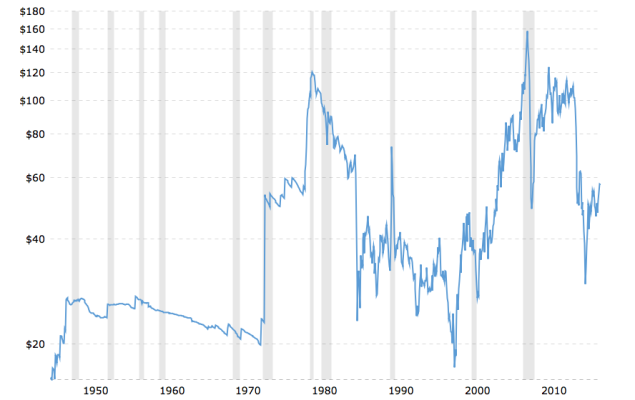flintnational
Thinks s/he gets paid by the post
Many of us are buy and hold investors. And, we stick to our AA over long periods of time. But, I still try and gauge the value of different assets. If I find something cheap one day I might be a buyer. What is your opinion of asset prices? Please add other assets as you deem appropriate. Hey, we can always use another bitcoin thread. 
US stocks - overvalued (maybe 20%)I expect strong earnings to continue for a while
International stocks - fairly valued
US Bonds - overvalued maybe in a bubble
Bitcoin - A game changing technology currently in a classic bubble
Housing - My area, Atlanta, is a strong sellers market but probably fairly priced
US stocks - overvalued (maybe 20%)I expect strong earnings to continue for a while
International stocks - fairly valued
US Bonds - overvalued maybe in a bubble
Bitcoin - A game changing technology currently in a classic bubble
Housing - My area, Atlanta, is a strong sellers market but probably fairly priced

